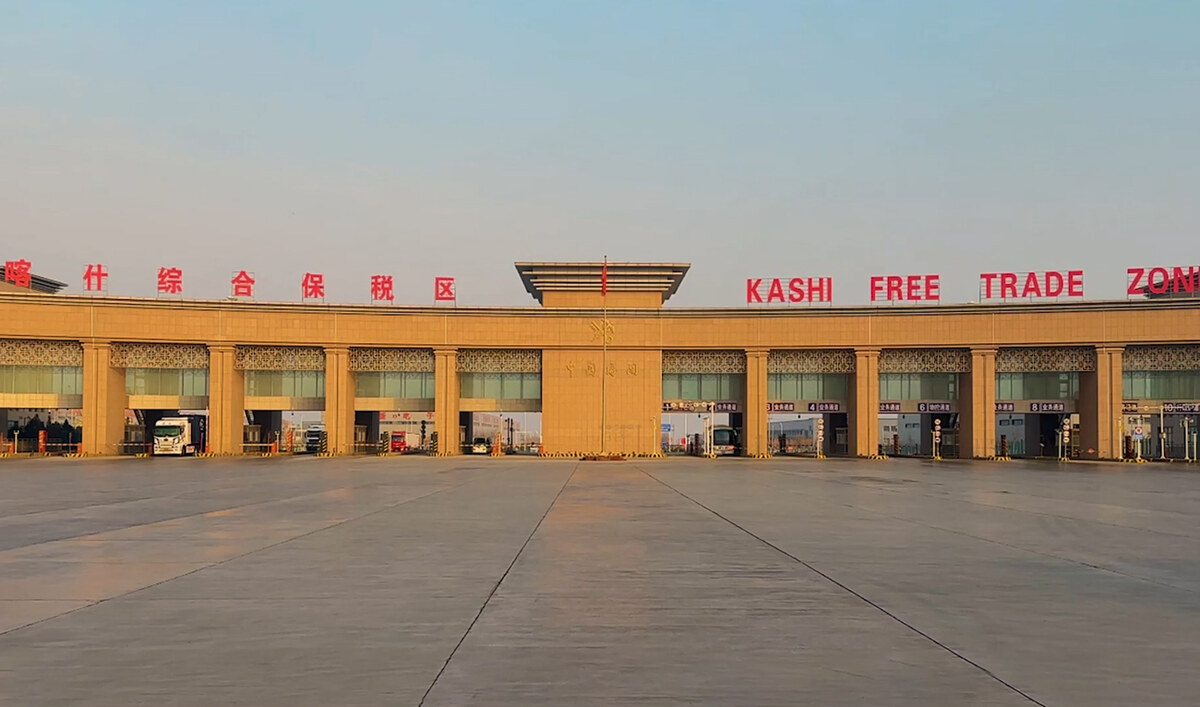KARACHI: Pakistan’s southern port city of Karachi remained paralyzed for a second consecutive day on Saturday as protesters staged sit-ins at ten locations to show solidarity with demonstrators in Kurram, where violence and a lack of medical access have claimed over 130 lives.
Kurram, a northwestern district of around 600,000 people in Khyber Pakhtunkhwa province, has long been a hotspot for tribal and sectarian violence, with authorities struggling to maintain control.
The area’s situation has necessitated travel in convoys escorted by security personnel, yet it failed to prevent an attack on Nov. 21, when gunmen ambushed a convoy, killing 52 people. The attack sparked further violence and road closures, restricting access to medicine, food and fuel in the region.
A grand jirga, or council of political and tribal elders, has attempted to mediate between rival factions, as protests in Parachinar, the main city in Kurram, have spread to Karachi, where the mayor, Murtaza Wahab, has criticized demonstrators for disrupting daily life in the metropolis.
“These protesters told [provincial minister] Nasir Shah Sahib that they were protesting peacefully on the side and had not blocked roads,” he told the media. “I informed him and the chief minister [Murad Ali Shah] that this was not true. Roads are indeed blocked, and people are facing difficulties.”
While affirming his support for the constitutional right to protest, he emphasized such actions should not disrupt life in a city.
“If the aim of a protest is to inconvenience people, disrupt a city’s system, prevent ambulances and fire brigades from operating, or hinder police and administrative vehicles, then I believe this is inappropriate,” he continued.
Wahab urged the protesters to move to designated areas for such protests.
“The media will cover your protest,” he added. “But if your aim is to paralyze the city, no responsible state can allow this.”
Karachi’s protests were called by the Majlis-e-Wahdatul Muslimeen (MWM), a Shia organization, with demonstrators blocking main thoroughfares, including Shahrah-e-Faisal, which connects the airport to the city’s Red Zone, home to sensitive government installations, and major hotels. Another area that has been choked is Numaish, a vital junction linking the city’s central district to its commercial hubs.
MWM’s Karachi spokesperson, Syed Ahmad Naqvi, told Arab News the protests in Karachi were tied to the Parachinar sit-in.
“We are staging sit-ins at ten locations, and these will continue as long as the Parachinar protest persists,” he said. “Once their demands are met, the protests in Karachi will also end.”
Naqvi said the protests in Karachi were essential for drawing attention to the “overlooked crisis in Kurram.”
“Large-scale protests in Karachi highlight the situation in Kurram, where many precious lives have been lost in recent weeks but have received no attention,” he said.
Karachi paralyzed as protests erupt in solidarity with violence-hit Kurram district
https://arab.news/82ssp
Karachi paralyzed as protests erupt in solidarity with violence-hit Kurram district

- Mayor Murtaza Wahab affirms people’s right to protest but asks them not to disrupt life in the city
- Demonstrators call protests in Karachi vital to draw attention to the ‘overlooked’ crisis in Kurram






















